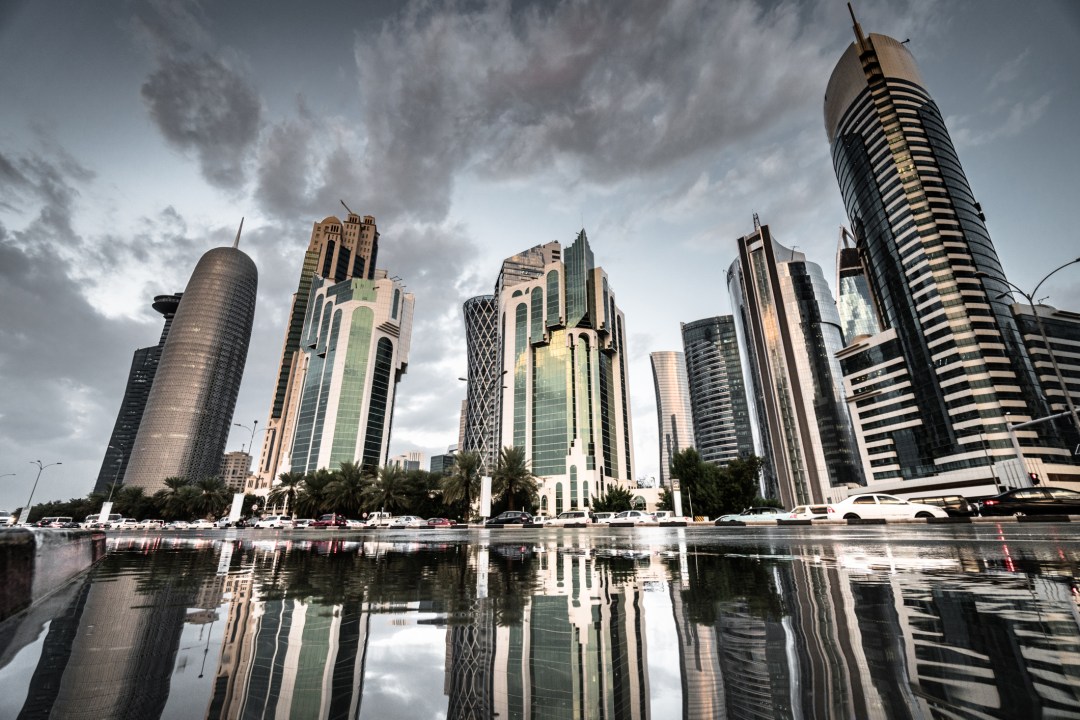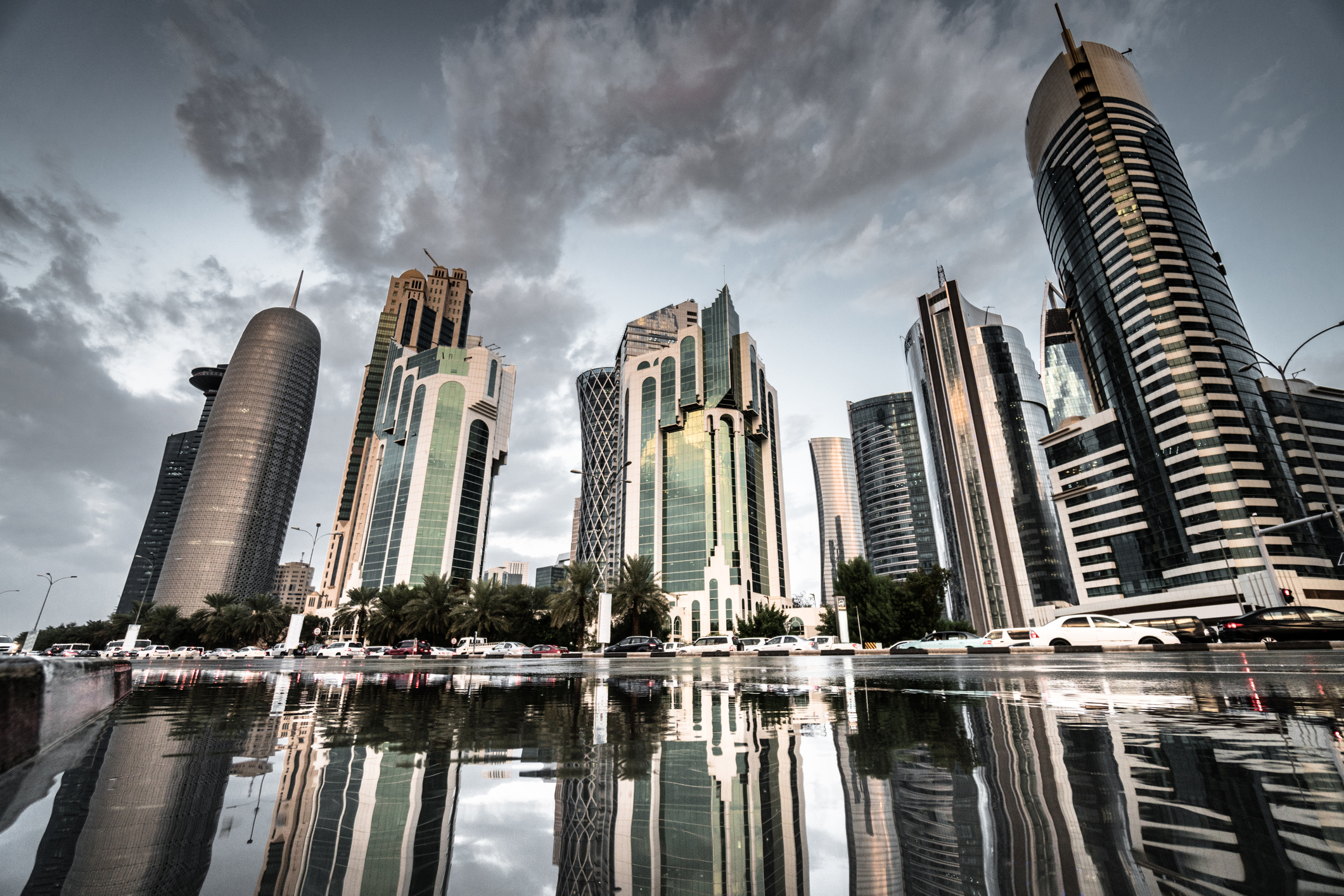Take no notice of the resilience of the FTSE100 index, which, having reached record pre-election highs, shed barely 100 points at its opening last Friday and recovered most of them by Monday. Dominated by multinational companies, it is being sustained by global market sentiment and the relative weakness of the pound, which makes our blue chips look good value; it is not offering a signal that investors think all is well. But do take notice of the Institute of Directors, speaking largely for mid-sized businesses, when it says that confidence among its members has crashed since polling day: from 34 per cent optimistic vs 37 per cent gloomy last month, to 20 per cent upbeat against 57 per cent ‘quite or very pessimistic’ now.
That reflects an election during which, as IoD director general Stephen Martin says: ‘The needs of business and discussion of the economy were largely absent’ — followed by an outcome that offers no encouragement at all to consumers and entrepreneurs, and no clarity about trading prospects abroad or the future status of EU workers here, without whom many UK businesses would face soaring wage rates and skills shortages.
And there you have it in a nutshell, politicos of several stripes will respond. ‘The needs of business’ are always the same: they want low costs; an ultra-flexible workforce; low taxes; less regulation; easy, familiar trading paths; and unrestrained boardroom pay. What they don’t want is to have to respond to external challenges and political imperatives, so there’s no wonder a report from Harvard Kennedy School of Business (co-authored by Ed Balls) found that ‘almost all’ of more than 50 businesses and trade associations surveyed would prefer to stay in the EU single market and customs union.
But that’s just not the direction of travel: the British people voted to leave the EU with all that implies, and if there are outbreaks of electoral turmoil before we get there, that’s only to be expected in the pursuit of the most fundamental political change since we went into Europe in the first place. Business should brace up, get with the programme and grab the global opportunities on offer.
As you might expect, I beg to differ. The only real measure of Brexit ‘success’ will be whether as a nation we feel more prosperous in five or ten years’ time than we do now; and that depends entirely on the ability of companies to sustain well-paid jobs, generate rising profits and invest in growth, despite changing circumstances. ‘The needs of business’ are in that sense absolutely central both to Brexit and to policymaking more broadly, and current evidence suggests strongly that the people who run our businesses are wiser, less flaky and less accident-prone than any of the people who aspire to run our government.
A deep failing of Theresa May’s prime ministership, as I’ve remarked before, has been her complete lack of interest in business of all kinds. Nor for her the factory-floor photo-ops beloved of George Osborne, nor the blue-sky enterprise schemes given Cabinet Office houseroom by David Cameron, nor the coterie of lordly corporate chiefs who once had Margaret Thatcher’s ear. Last week I praised Greg Clark’s efforts as business secretary and I’m glad he remains in post for the time being — but what Downing Street needs next, assuming the Tories cling to power, is an influx of industrial éminences grises and a dose of plain business sense.
The curse of Qatar, again
While fate’s stormy blusters were causing political havoc last week, I took it as a terrible omen that a single mighty thunderclap over my Yorkshire town of Helmsley provoked a magnificent beech tree in my garden to rip its roots out of the ground and keel over — though miraculously without causing major damage. The relatively good news over the same few days was that balmy breezes and sunny spells were boosting the renewable energy industry to record levels of output: in perfect conditions and for short periods (which are, of course, times when very little power is required for heating purposes), more than half the UK’s electricity demand can now be met from wind and solar sources. Even if this subsidy-based, green-tinted Utopia will depend for the foreseeable future on carbon-based back-up generation and requires great advances in electricity storage capacity to make it truly viable, let’s agree it represents a useful step towards the narrowing of the UK energy gap about which I often fret.
And that’s timely, because another conflict the world doesn’t need has just kicked off in the Gulf, threatening the source of some 30 per cent of our gas supplies. This is the diplomatic isolation of Qatar, and severance of transport and trade links, by Saudi Arabia, Egypt, Bahrain and the UAE, evidently in response to Qatari ties with Iran, support for the Muslim Brotherhood and badmouthing of Saudi leaders. I have written before of what I call ‘the curse of Qatar’ in commercial relations with the UK — and late last week two Qatari liquefied natural gas carriers bound for the South Hook terminal near Milford Haven were reported to have reversed course before reaching the Suez Canal, where they would likely have been denied passage, causing the market price of gas to blip sharply upwards. If the supply disruption drags on into a sunless, low-wind winter, stand by for an extra slice of gas-powered inflation.
Meanwhile, a drain on deposits in Qatari banks, denied funding by their hostile neighbours, could lead to a withdrawal of funds from London — perhaps including sales of some of the many real-estate trophies and investment assets amassed by Qatar’s sovereign wealth fund and ruling Al Thani family. That in turn could suggest to other foreign investors that what with Downing Street paralysis, Brexit stalemate and the real possibility of Corbyn in power after a second election, now might be a good time to depart these shores, taking another little slice of our economic prospects with them. Ah well, at least those offshore wind turbines will be waving farewell.








Comments